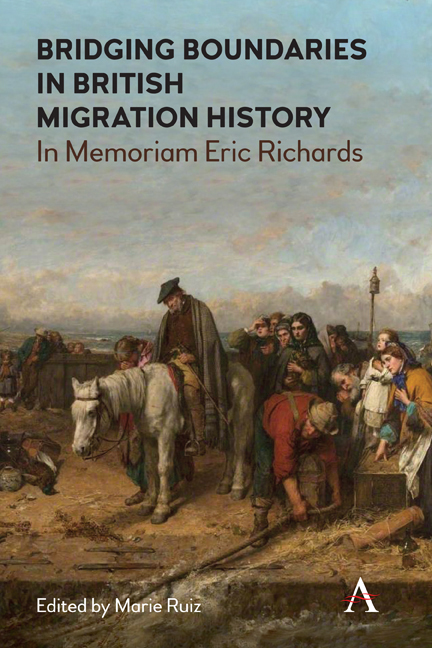Chapter 10 - ‘We Shall Have a Fine Holiday’: Imperial Sentiment, Unemployment and the 1928 Miner-Harvester Scheme to Canada
Published online by Cambridge University Press: 20 January 2022
Summary
Bickersteth talked much of immigration from England – wanted some scheme, large outlay, to which my name would be associated, a transplanting of English miners and others. A lot of Englishmen are like this, espec[ially] Tories. The[y] worry & sweat about Canada remaining British in face of American and continental immigration.
Canadian Prime Minister W. L. Mackenzie KingThroughout the 1920s, unemployment blighted the political landscape on both sides of the Atlantic. Approximately 10 per cent of the insured working population of Great Britain were out of work throughout the 1920s, with between one and three million workers suffering unemployment at any one time. Unsurprisingly, especially after the 1926 General Strike, Whitehall's attempts to find an antidote to the country's ever-worsening structural unemployment and its associated social problems dominated cabinet business within Stanley Baldwin's second Conservative administration (1924–29). Indeed, unemployment was perhaps the single most important issue, which led to Baldwin's downfall in the general election of May 1929. The hardest hit sectors of the economy were the staple industries: textiles, iron and steel, ship building and coal. However, it was the severe depression within the coal industry and its fierce unemployment that received attention. Apart from the prime minister and his cabinet, it was the Ministry of Labour which bore the brunt of the criticism to find realistic and workable solutions to this arduous problem. The challenge, however, was not confined to the domestic arena. Arch-imperialist L. S. Amery, Secretary of State for Dominion Affairs and the198 Colonies (1924–29), and architect of Britain's postwar government-sponsored assisted passage and empire migration strategy, played a fundamental role in focussing British energies at an imperial level to help alleviate the plight of British coal miners during the latter 1920s.
The annual migration of harvesters from central and eastern Canada to the prairies had been a regular event ever since 1890. As the wheat economy expanded, larger supplies of manpower were needed to bring in the harvest. In 1906 and 1923, British workers were enticed to western Canada with the promise of steady and lucrative employment plus a subsidized return fare after the harvest.
- Type
- Chapter
- Information
- Bridging Boundaries in British Migration HistoryIn Memoriam Eric Richards, pp. 197 - 226Publisher: Anthem PressPrint publication year: 2020



